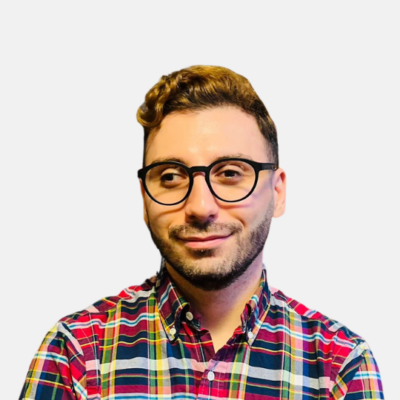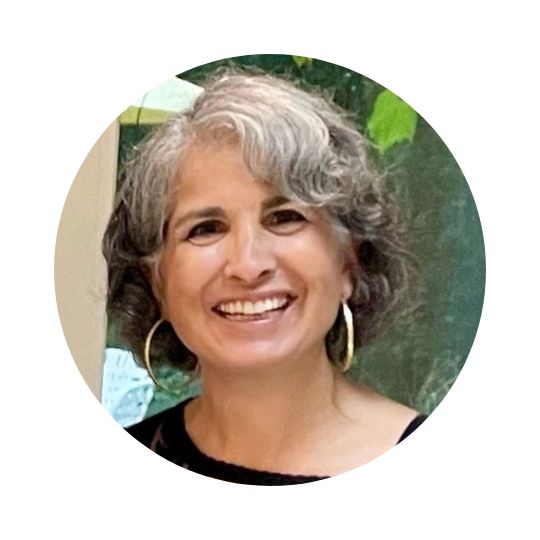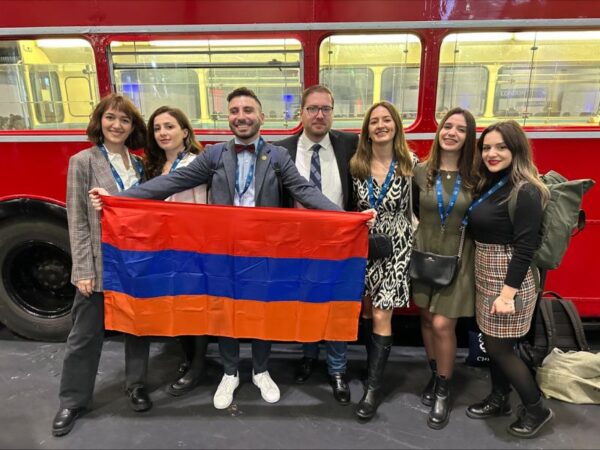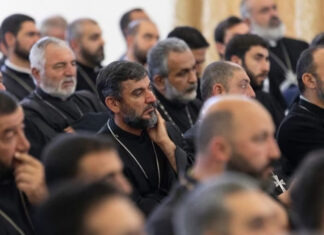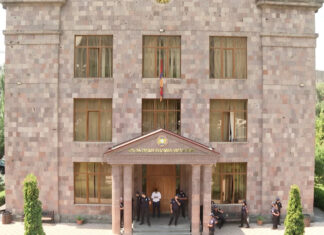WATERTOWN — The people of Armenia, like those of many other traditional cultures, tend to shun discussions about mental health and even if they seek help, consider speaking about it taboo. One group, Mental Health Awareness Initiative (MHAI), is trying to change that mindset.
The non-governmental organization (NGO) MHAI was founded by Gevorg Gharibyan, Artak Begoyan and Ani Asatryan in Yerevan in May 2021, in the aftermath of the devastating war. “We saw the need,” Gharibyan said in an interview earlier this summer. “The founding members of the organization established a support system to bridge the gap [for mental health access] through the promotion of mental health awareness.”
Mental health disorders know no boundaries and respect no traditions. According to the World Health Organization’s figures from 2019, 1 in every 8 people — or 970 million people around the world — were living with a mental disorder, with anxiety and depressive disorders the most common. In 2020, the number of people living with anxiety and depressive disorders rose significantly because of the COVID-19 pandemic.
According to Gharibyan, MHAI is trying to “normalize mental health conditions,” as Armenia has higher incidences than many countries. “The higher estimate of 38 percent of Armenians suffering from mental health issues is 13 percent higher than the World Health Organization’s (WHO) universal estimates, which state that approximately 25 percent of people worldwide have a mental health condition,” he said, according to a study at the Ballard Center of Brigham Young University.
Both in Armenia as well as in the diaspora, Armenians seem hesitant to get help for mental health issues. Gharibyan explained that MHAI is working on efforts to not only help those suffering from mental health issues but also give tools to the sufferers’ loved ones to help them where possible.
Gharibyan said that “every person in their lifetime needs to have the language and tools to help those in need,” adding that he and his fellow co-founders “saw a need there.”



